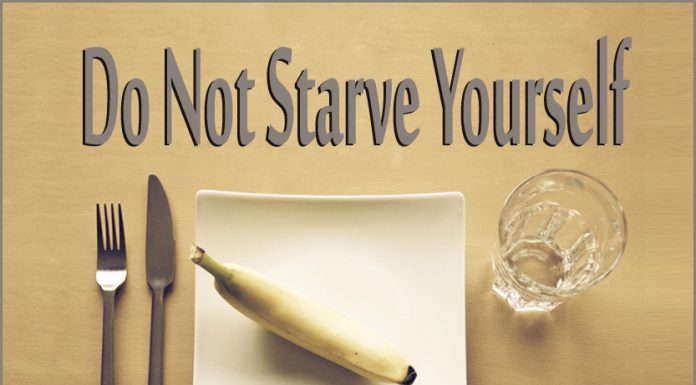
Do Not Starve Yourself
One of the biggest myths when it comes to fat loss is that the lesser you eat, the faster you will burn fat. The reality is quite contrary.
When your body is deprived of food, it switches into a survival mode and actually begins to store fats. These fat reserves are in case of an emergency such as starvation. It is a better idea to divide your meals into five to six smaller meals each day. When you eat at regular intervals, the body is constantly at work trying to digest the food. This increases your metabolism and in turn increases the calorie consumption. As a result, there is no risk of the additional calories being stored as fats.
Control the portion that you consume with each meal and make sure you get a good balance of the essential nutrients. If portion control is an issue, it is a good idea to use smaller plates. That way your brain is tricked into believing that you are eating the necessary amount, allowing you to feel satiated.
Fats Are Essential
This may seem outrageous to those on a typical weight loss plan. However, good fats are essential for several bodily functions.
To start with, fat soluble vitamins cannot be absorbed by the body in the absence of fat. This can lead to serious deficiency. Fats also form the protective layer around important organs. Therefore, what you need to ensure is that you get your fats from the right sources in order to help your body’s functioning while still avoid putting on excessive weight.
There are two groups of fats- saturated and unsaturated fats. Unsaturated fats that are obtained from sources like fish, nuts and seeds, and vegetable oils are good fats that are used by the body for various functions. On the other hand, fried foods, butter, red meat and processed foods contain saturated fats that are responsible for health issues like high cholesterol and obesity. Experts advise that about 20 to 30 per cent of your daily calorie intake should come from fats. Make sure that you choose the right fats in your diet.

